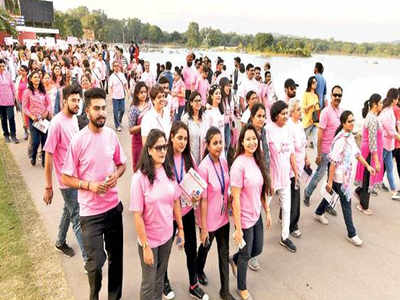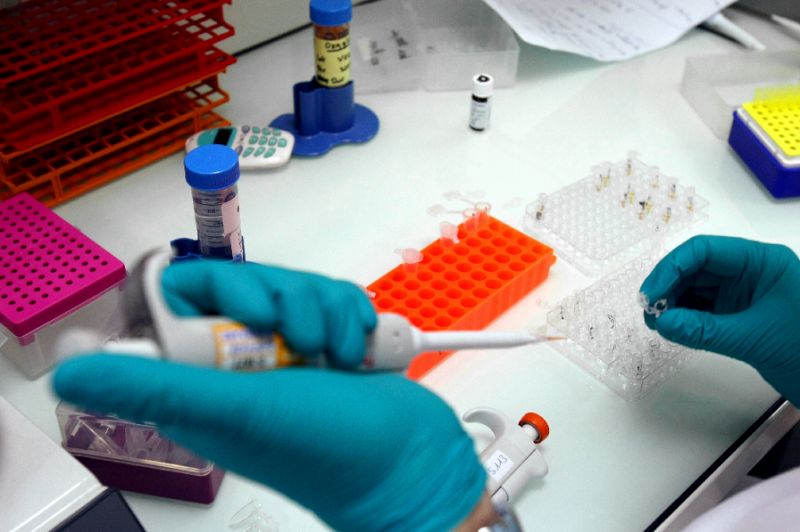Scientists say they have fine tuned a gene editing method to make it safer and more accurate
– vital if it is to be used in humans to cure inherited diseases or inborn errors.
The advance, outlined in Science Magazine, comes as world leaders in the field gather to debate
the ethics of altering human DNA using the method, known as Crispr-Cas9.
But changing a person’s DNA also has potential risks and ethical quandaries.
The first International Summit on Human Gene Editing will debate how far the science
should progress.
Crispr-Cas9 is a DNA cutting and pasting system that scientists have borrowed from nature. Bacteria
use it to protect themselves against foreign DNA from viruses.










